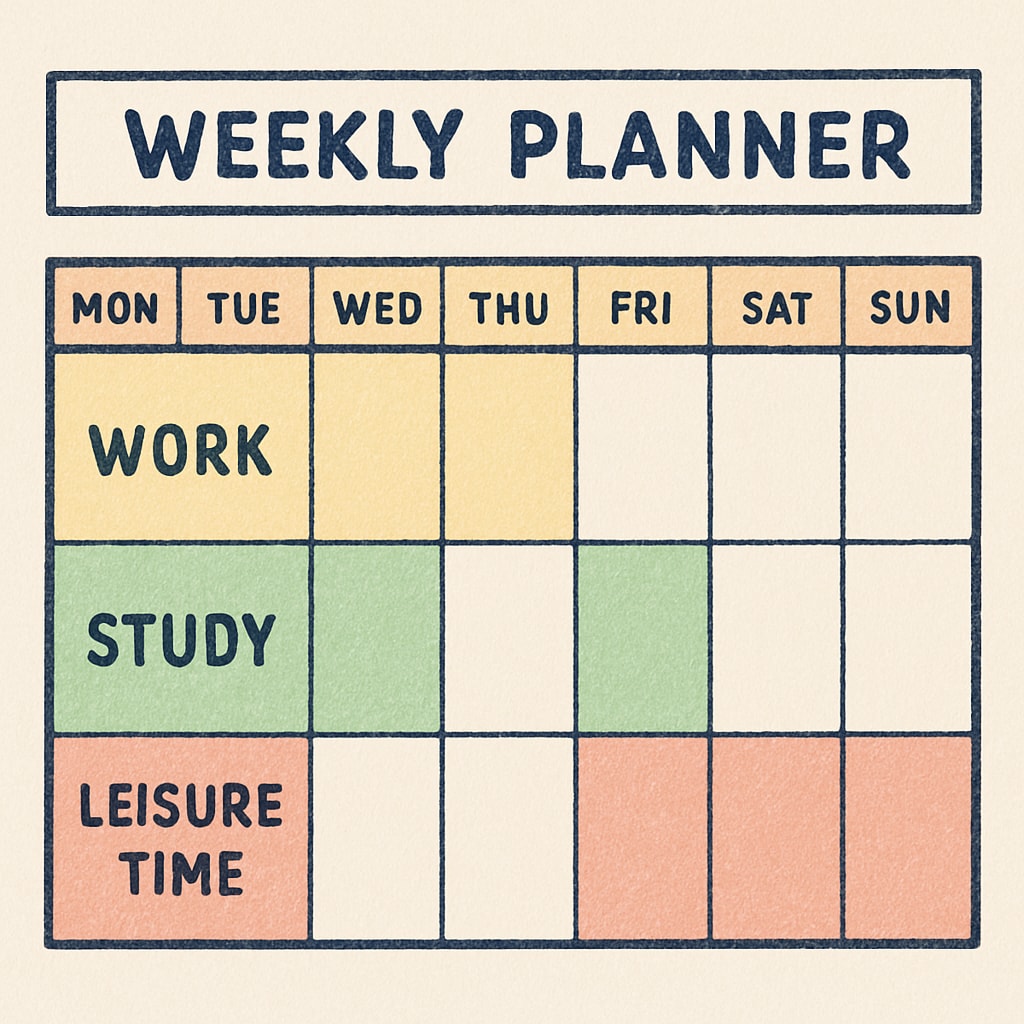Pursuing a master’s degree while maintaining career development and managing time effectively is a challenge faced by many professionals, particularly those over 30. This combination of responsibilities demands resilience, discipline, and strategy. While the journey can be demanding, it is also highly rewarding, offering opportunities for skill enhancement, career advancement, and personal growth.
The Value of a Master’s Degree in Career Advancement
For professionals seeking to grow in their careers, a master’s degree often serves as a gateway to higher roles and increased earning potential. The additional qualification can help individuals stand out in competitive job markets and open doors to specialized fields. For example, an MBA equips professionals with leadership and managerial skills, while a master’s in data science provides expertise in analytics and technology.
According to a report from the U.S. Bureau of Labor Statistics, workers with a master’s degree earn an average of 18% more than those with only a bachelor’s degree. Moreover, many industries now prioritize advanced degrees for senior roles, making continued education an essential step for long-term career growth.

Challenges of Balancing Work, Education, and Life
Despite the benefits, pursuing a master’s degree while working full-time comes with its challenges. Professionals often find themselves juggling work responsibilities, academic deadlines, and personal commitments. This can lead to burnout if not managed effectively. Common obstacles include:
- Limited time for study and assignments due to full-time job responsibilities.
- Pressure to maintain high performance at work while excelling academically.
- Struggles to find quality time for family, friends, and self-care.
However, these challenges can be mitigated with proper planning and support. Employers and educational institutions are increasingly offering flexible options like remote learning and part-time programs to help professionals succeed.
Time Management Strategies for Success
Effective time management is the key to balancing a master’s degree, career growth, and personal life. Here are some proven strategies:
- Set Clear Priorities: Decide what matters most in your daily life and allocate time accordingly. Use tools like Eisenhower’s Matrix to distinguish between urgent and important tasks.
- Create a Flexible Schedule: Plan your week in advance, but leave room for unexpected changes. Tools like Google Calendar can help you stay organized.
- Leverage Downtime: Utilize commute times or lunch breaks for light studying, reading, or reviewing notes.
- Communicate with Stakeholders: Inform your employer, family, and professors about your commitments. Transparency can lead to greater support and understanding.
- Self-Care: Regular exercise, nutrition, and sufficient sleep are critical for maintaining energy and focus. Don’t sacrifice your well-being.
By implementing these strategies, you can create a sustainable balance between work, education, and personal life. For additional tips, check out resources from MindTools, a platform offering practical advice on time management and productivity.

Conclusion: The Long-Term Payoff
While balancing a master’s degree, career development, and time management may seem overwhelming, the long-term benefits far outweigh the temporary difficulties. A master’s degree not only enhances your skills and increases your earning potential but also boosts your confidence and credibility in your field. With proper planning and a commitment to your goals, you can navigate this challenging yet rewarding journey successfully.
Remember, the key is to stay disciplined, seek support when needed, and celebrate small wins along the way. The art of balancing work and education is a skill that, once mastered, can lead to unparalleled personal and professional growth.
Readability guidance: Use short paragraphs and lists to summarize key points; maintain balance in sentence structures; include transitional phrases to ensure smooth flow between ideas.


